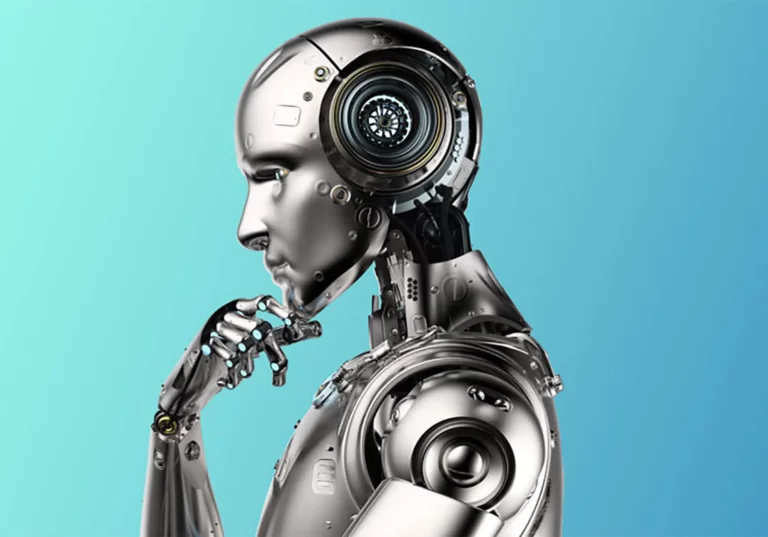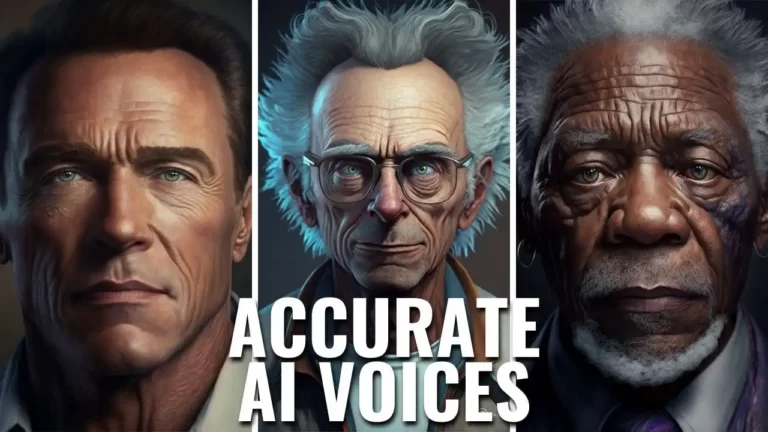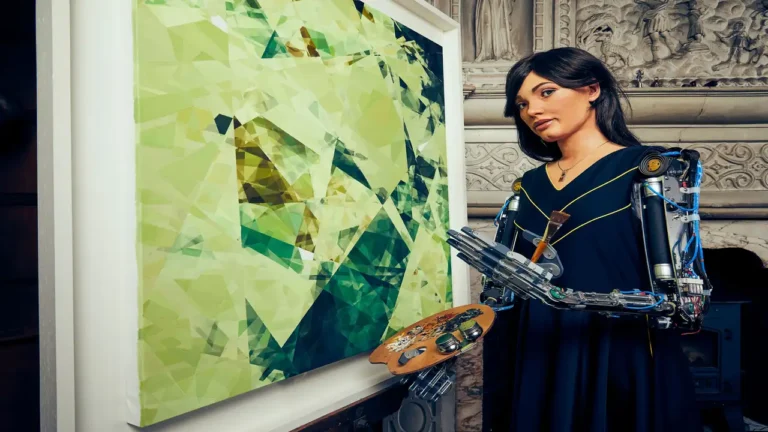10 best ai video editors
- Understanding AI Video Editors
- Revolutionizing Post-Production
- Enhancing Creative Expression
- Accessibility and Democratization
- Future Trends and Developments
- The Integration of AI with Traditional Editing Techniques
- Customization and Personalization
- Collaborative Features
- Challenges and Ethical Considerations
- Training and Education
- Conclusion
- Frequently Asked Questions About AI Video Editors
- More Content 👇
- Adobe Premiere Pro: Ai video editor Widely used in the industry, Adobe Premiere Pro offers AI tools like Auto Reframe and Sensei technology for efficient editing and effects.
- Final Cut Pro X: Apple’s video editing software uses AI for features like Smart Conform, which automatically crops clips to fit different aspect ratios.
- DaVinci Resolve: Known for its color grading capabilities, DaVinci Resolve integrates AI for tasks like face recognition and scene cut detection.
- Pinnacle Studio: Offers AI-driven features like facial recognition and smart object tracking to enhance editing efficiency.
- Filmora X: Wondershare’s Filmora X incorporates AI elements in its editing suite for motion tracking and color matching.
- CyberLink PowerDirector: This software uses AI for features like content-aware editing, which automatically identifies and enhances key aspects of video clips.
- Lumen5: An AI-driven tool specifically designed for creating social media and marketing videos, with automated workflow and content optimization.
- Runway ML: Unique for its machine learning capabilities, Runway ML offers tools for advanced video editing and effects, including AI-powered features.
- Veed.io: A web-based video editor that leverages AI for automatic subtitling, translations, and other editing tasks.
- Clipchamp: Owned by Microsoft, Clipchamp includes AI-driven features for quick and easy video editing, suitable for beginners and casual users.
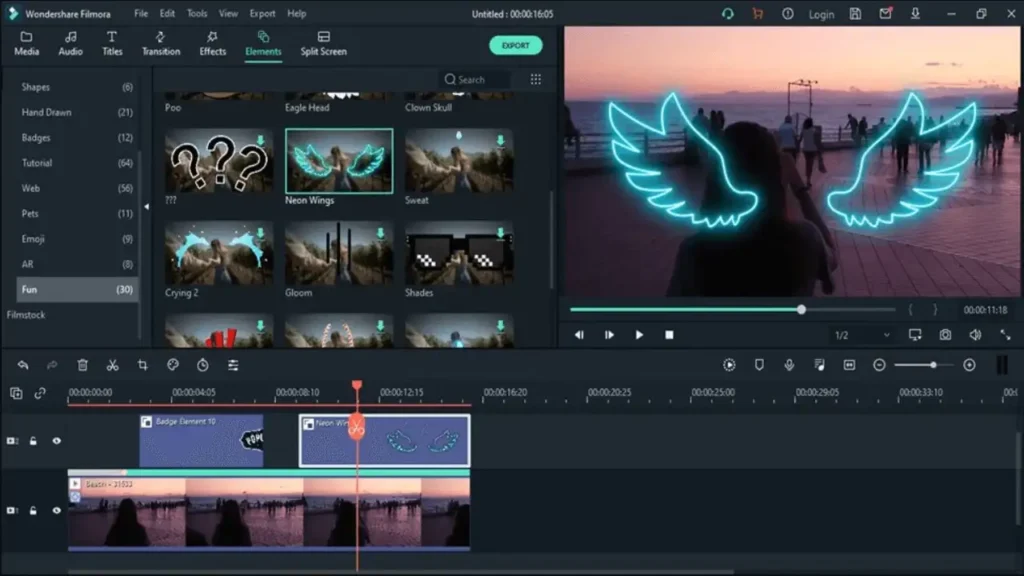
In the rapidly evolving world of digital media, the emergence of AI video editors represents a groundbreaking shift in the landscape of film production and editing. As we delve into the capabilities and innovations brought forth by these advanced tools, it becomes evident that they are not just enhancing the efficiency of video editing but are also opening new avenues for creativity and storytelling.
Understanding AI Video Editors
AI video editors leverage artificial intelligence and machine learning algorithms to automate and streamline the video editing process. This technology can analyze footage, select the best clips, and even suggest edits based on predefined criteria. The key advantage here is the significant reduction in time and effort required for editing, enabling filmmakers to focus more on the creative aspects of their projects.
Revolutionizing Post-Production
One of the most significant impacts of AI video editors is in the realm of post-production. Traditional editing is a time-consuming process, often requiring hours of manual labor to sift through footage and make precise cuts. AI video editors, however, can rapidly process large volumes of footage, identifying key moments, and assembling them into a cohesive narrative. This not only speeds up the editing process but also ensures a higher degree of accuracy and consistency.
Enhancing Creative Expression
Beyond mere efficiency, AI video editors are becoming vital tools for creative expression. With features like automatic color correction, sound design, and special effects, these platforms enable filmmakers to achieve a higher level of polish and sophistication in their work. Additionally, AI’s ability to suggest edits and sequences can inspire new creative directions, pushing the boundaries of traditional storytelling.
Accessibility and Democratization
AI video editors are also playing a crucial role in democratizing video production. By simplifying the editing process, these tools are making it easier for amateur filmmakers, content creators, and social media influencers to produce professional-quality videos. This accessibility is fostering a more diverse and vibrant media landscape, where more voices and perspectives can be heard.
Future Trends and Developments
Looking forward, the potential of AI in video editing is boundless. We can anticipate more intuitive interfaces, deeper learning algorithms, and even integration with virtual reality (VR) and augmented reality (AR) technologies. These advancements will not only enhance the capabilities of AI video editors but also open new horizons in how we conceive and consume digital content.
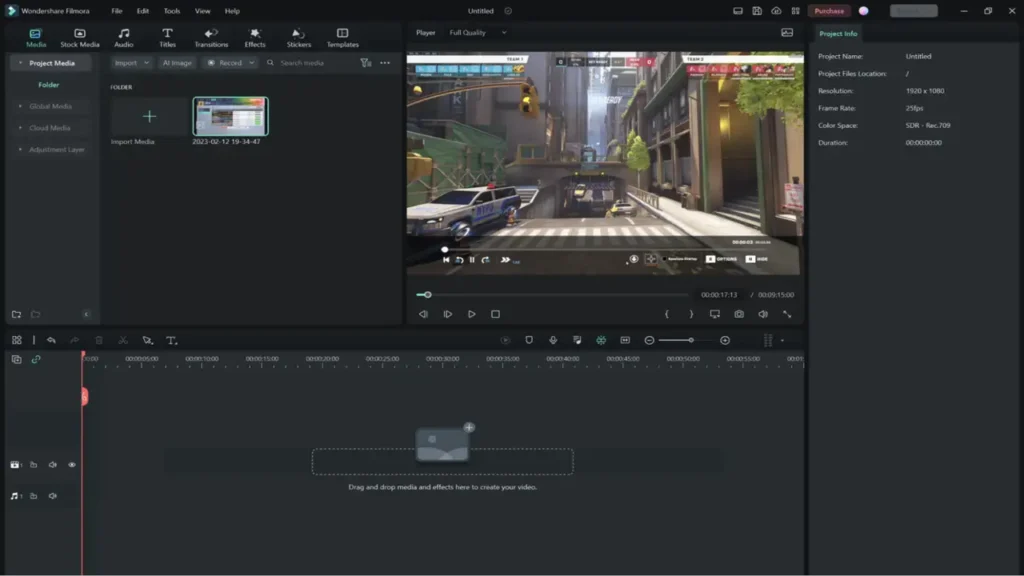
The Integration of AI with Traditional Editing Techniques
While AI video editors are revolutionizing the industry, they are not replacing traditional editing techniques but rather complementing them. The integration of AI with conventional methods allows for a more robust and flexible editing process. Editors can use AI to handle the more tedious aspects of editing, such as sorting footage and basic cuts, while still applying their expertise for more complex and nuanced edits. This hybrid approach optimizes the editing workflow, combining the best of both worlds.
Customization and Personalization
AI video editors are increasingly offering customization and personalization options. These features allow users to tailor the editing process to their specific style and preferences. Whether it’s through custom color grading presets or personalized editing templates, AI video editors are adapting to the unique needs and creative visions of individual users.
Collaborative Features
Another exciting development in AI video editing is the enhancement of collaborative features. Cloud-based platforms and AI algorithms enable multiple users to work on a project simultaneously, regardless of their location. This collaborative aspect not only speeds up the production process but also fosters a more dynamic and synergistic creative environment.
Challenges and Ethical Considerations
While the benefits of AI video editors are numerous, it is also important to consider the challenges and ethical implications. One concern is the potential for job displacement in the editing field. However, it’s essential to recognize that AI is a tool meant to augment human skills, not replace them. Additionally, there are considerations regarding data privacy and the ethical use of AI-generated content, which necessitates responsible and transparent practices in the industry.
Training and Education
As AI video editing technology becomes more prevalent, there is a growing need for training and education in this area. Educational institutions and online platforms are beginning to offer courses and resources on AI video editing, ensuring that the next generation of filmmakers and content creators are well-equipped to harness this technology effectively.
Conclusion
In summary, AI video editors are transforming the landscape of video production and editing. By enhancing efficiency, fostering creativity, and democratizing access, they are paving the way for a new era in digital media. As we embrace these advancements, it’s crucial to navigate the challenges responsibly and continue exploring the vast potential of AI in video editing.
Frequently Asked Questions About AI Video Editors
More Content 👇
The Future Of Technology: Unveiling The Potential Of Google AI Robots



